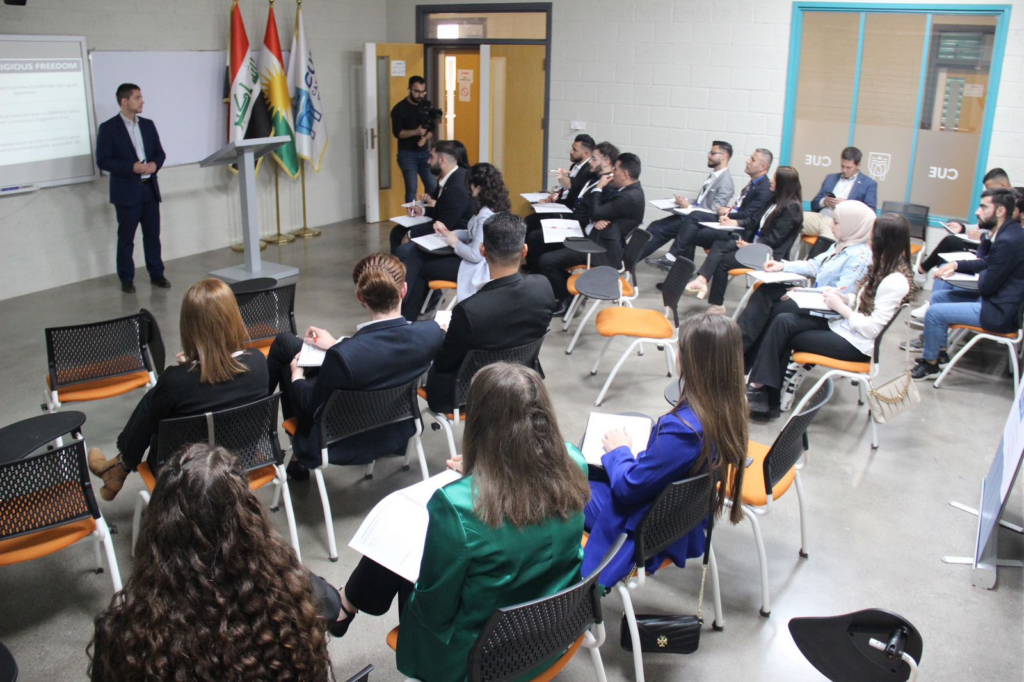
From April 12-15, 2023, more than 20 students from across Iraq participated in the first-ever Statesmanship and Religious Freedom Seminar in Iraq.
Convened in Erbil, the capital of the Kurdistan region, RFI’s National Center for Religious Freedom Education and Middle East Action Team partnered with the Center for Peacebuilding and Dialogue at the University of Kurdistan Hewler and the Catholic University in Erbil to host this program. This iteration of the Statesmanship Seminar builds on successful programs previously held in Washington, D.C., Philadelphia, and London. RFI has plans to expand to other locations, including Buenos Aires and Vienna.
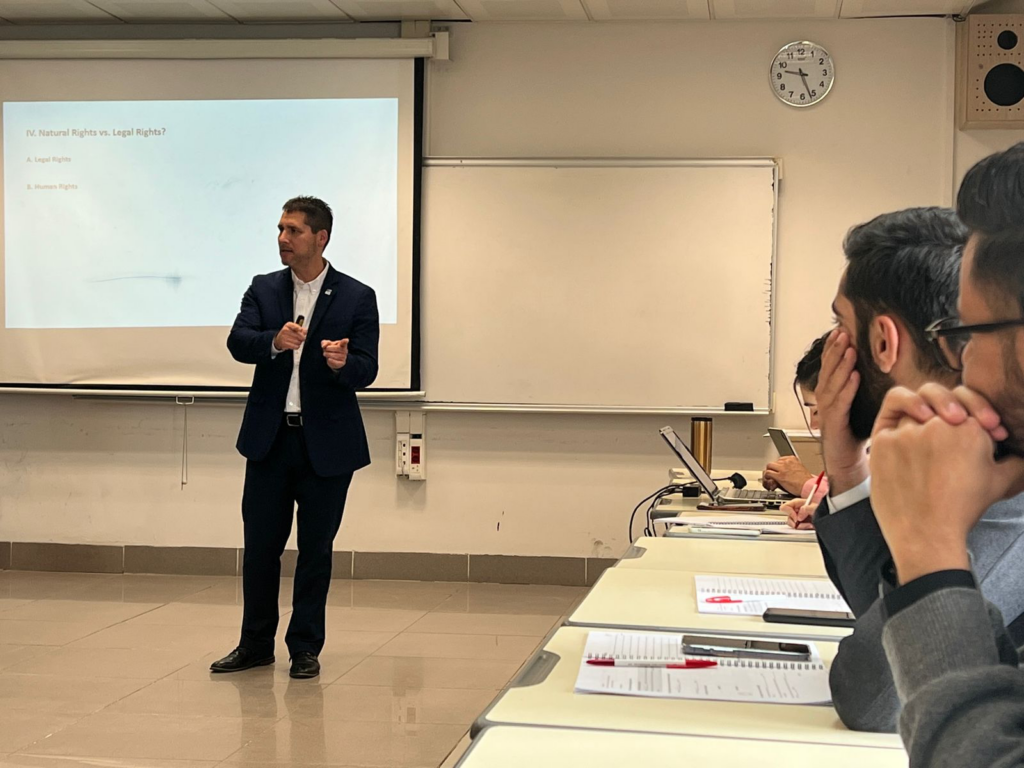
The Statesmanship Seminar combines intensive classroom instruction from leading scholars with presentations from human rights activists and practitioners, government officials, and diplomats. Dr. Jim Bennett, Director of RFI’s National Center for Religious Freedom Education, was the lead teacher for the program. Other speakers included Rosy Cave, U.K. Consul General in Erbil; Irvin Hicks Jr., U.S. Consul General in Erbil; Dr. Bayar Mustafa, Dean of Research at the University of Kurdistan Hewler; Mr. William Warda, co-founder of Hammurabi Human Rights Organization; Ms. Florin Giorgis, Director of Religious and Ethnic Minorities Department in the Kurdistan Region Presidency; Yazidi Spiritual Leader Baba Chawish; and Archbishop Bashar Warda.
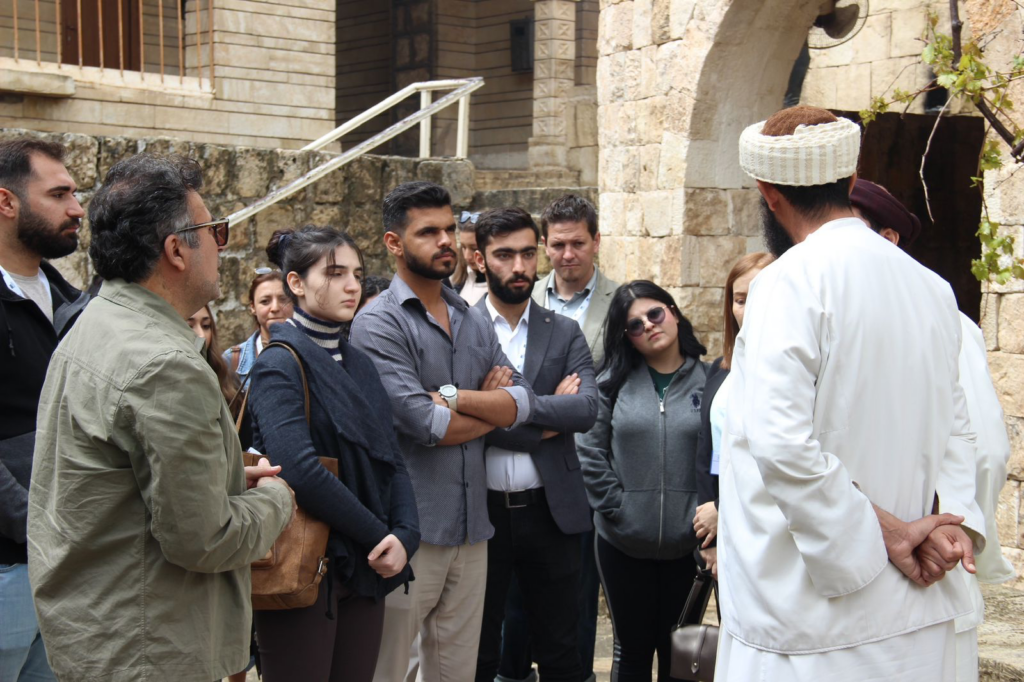
Topics included the foundational connection between human dignity and religious freedom, the contribution of religious freedom to flourishing in social and political life, and the role of religious freedom in peacebuilding and mitigating conflict within and between countries.
Throughout the presentations, participants were asked to consider the relevance of the principles they were learning to their own experiences. When asked about why religious freedom is important, one of the participants responded, “religious freedom is important because religion is important – because religion makes most of the rules in our lives and leads us in life. When there is religious freedom, there will be love and respect as well as justice between people all over the world.”
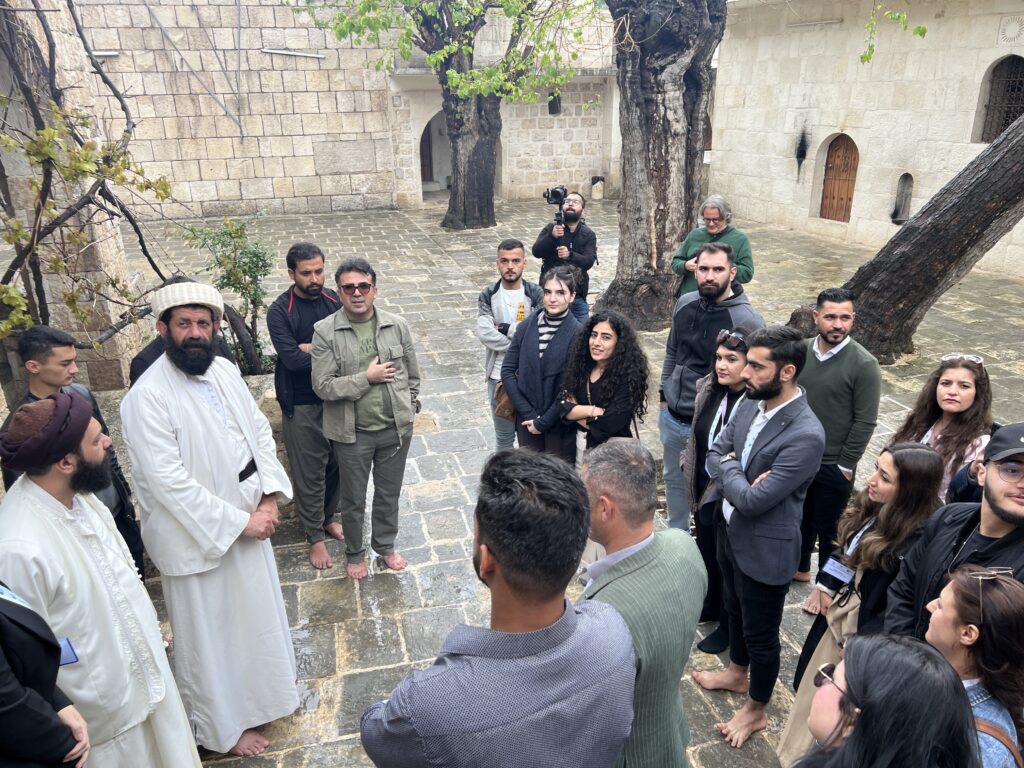
In addition to the in-depth classroom learning, the program is highly interactive. Students met with the religious and community leadership at Lalish, the central Yazidi temple; visited Al Qosh and heard of its centuries of history as an enclave against religious persecution; and went to the Grand Mosque atop Erbil’s Citadel, one of the longest continually inhabited sites in the world.
As one of the participants said, “The Statesmanship program is an eye-opening and valuable program. It opened my eyes to seeing the world and religions from a different point of view. The program not only taught me about religious freedom, but it also gave me the chance to practice a part of it for a few days with everyone in the program.”
The Statesmanship Seminar in Iraq sought not only to instruct, but also to inspire and equip participants to pursue political engagement for the common good.
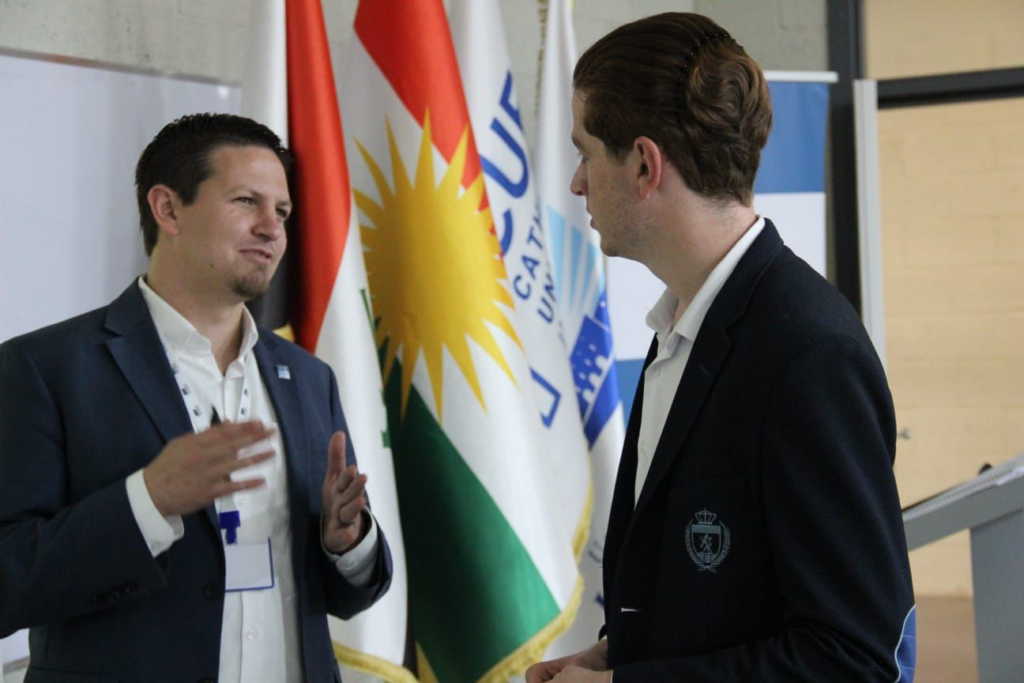
The final day of the program provided an opportunity for practical engagement as Jeremy Barker, Director of the RFI Middle East Action Team, led students through a series of moderated discussions, with the goal of applying principles from the program to address real-world challenges in their own communities.
THE RFI BLOG

Is Egypt’s Government Trying To Take Over Christianity’s Most Important Monastery?

Does Southeast Asia Lead the World in Human Flourishing?

RFI Leads Training Session on Religious Freedom Law and Policy for U.S. Army War College

Oral Argument in Charter School Case Highlights Unconstitutional Motives Behind OK Attorney General’s Establishment Clause Claim

Largest Longitudinal Study of Human Flourishing Ever Shows Religion’s Importance
CORNERSTONE FORUM

Reaffirming Religious Freedom: Bridging U.S. Advocacy and Iraq’s Constitutional Framework

Political Polarization, Same-Sex Marriage and Religious Liberty

Bridging the Gap Between International Efforts and Local Realities: Advancing Religious Freedom in the MENA Region

Challenges to Religious Freedom in Iraq and the Critical Need for Action

